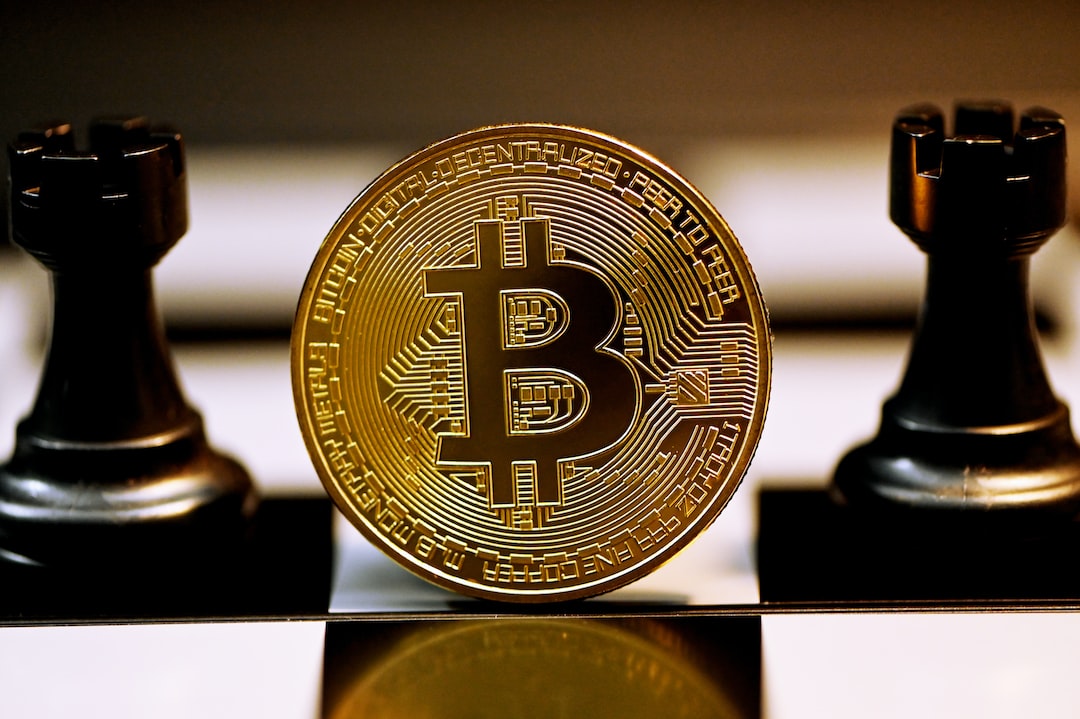Peter Schiff’s Warning on Inflation and Recession
Economist Peter Schiff has raised concerns about the U.S. economy and the future of the U.S. dollar. He predicts that inflation will persist for a longer period, leading to a more severe and prolonged recession. Schiff believes that the increasing national debt and federal budget deficits will result in a collapse in demand for U.S. dollars, causing the dollar to decline and Treasury yields to rise.
Unavoidable Financial Crisis
Schiff argues that the current financial and economic crisis was long overdue and should have been predicted. Despite this, he claims that media, government, academia, and the Federal Reserve will try to shift blame onto private sector entities. He emphasizes that higher inflation rates will contribute to a deeper and longer-lasting recession, characterizing it as an “inflationary depression.”
Critique of Powell’s Remarks
Schiff criticizes Federal Reserve Chair Jerome Powell’s remarks on inflation, stating that the pandemic did not cause inflation but rather that it was exacerbated by the Fed and the federal government through large budget deficits and excessive money printing. He also highlights Powell’s admission that fiscal policy does not influence monetary policy as a reckless statement that will define Powell’s failed legacy.
The Decline of Demand for U.S. Dollars
Schiff explains that the primary use of U.S. dollars has been to purchase Treasuries, but as major buyers become sellers and with soaring national debt and budget deficits, demand for dollars will collapse. This collapse will lead to a fall in the value of the dollar and faster rising Treasury yields.
Anticipated Yield Curve Normalization
Schiff predicts that bond investors have lost confidence in the Fed’s ability to control inflation, resulting in higher Treasury yields. He expects the Treasury yield curve to normalize at higher rates across the board, with short-term yields increasing from 5.5% to 6% and long-term yields rising from 5% to 7%-8%. Given the substantial amount of debt, Schiff believes that the U.S. economy cannot sustain a normal yield curve and anticipates quantitative easing (QE) in the near future.
Concerns of a Financial Crisis
Schiff does not foresee any interest rate hikes due to geopolitical uncertainty, such as the war in the Middle East. He even suggests that rate cuts may be necessary. He has consistently warned about an impending bond market crash and an unprecedented financial crisis. Schiff expresses worry about a “tragic ending” and the collapse of the U.S. dollar, emphasizing that the day of reckoning is approaching.
Hot Take: Peter Schiff’s Grim Outlook for Inflation and Recession
Economist Peter Schiff warns that the United States is heading towards an inflationary depression due to prolonged high inflation rates. He attributes this crisis to increasing national debt and budget deficits, which will lead to a collapse in demand for U.S. dollars. As a result, Schiff predicts that Treasury yields will rise rapidly once the value of the dollar starts declining. He criticizes Federal Reserve Chair Jerome Powell for blaming inflation on the pandemic instead of acknowledging the role played by government policies. Schiff’s concerns about an impending financial crisis and the potential collapse of the U.S. dollar underline his grim outlook for the economy.





 By
By
 By
By
 By
By
 By
By

 By
By